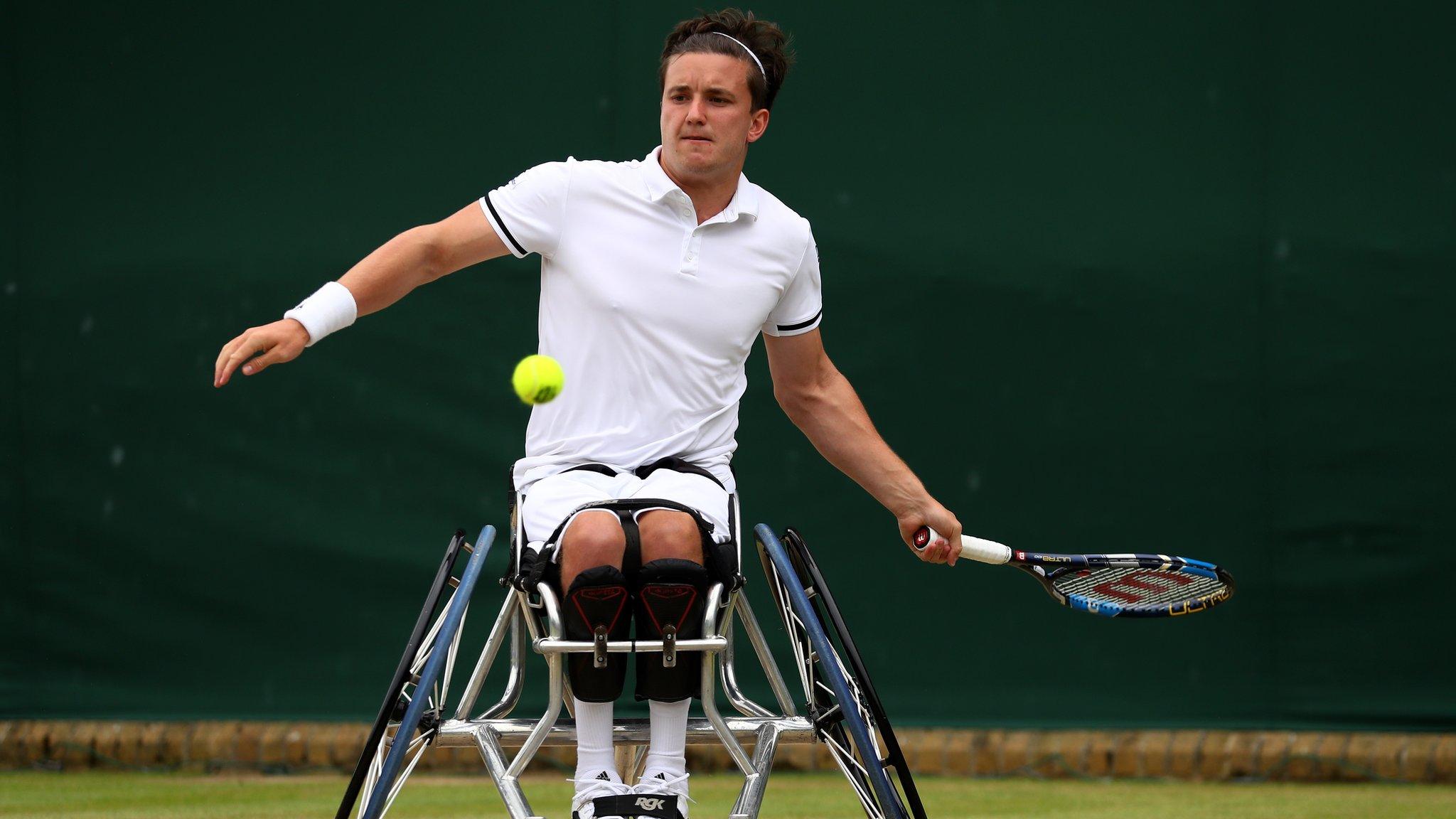How Robyn Love found wheelchair basketball in time for Rio Paralympics
- Published
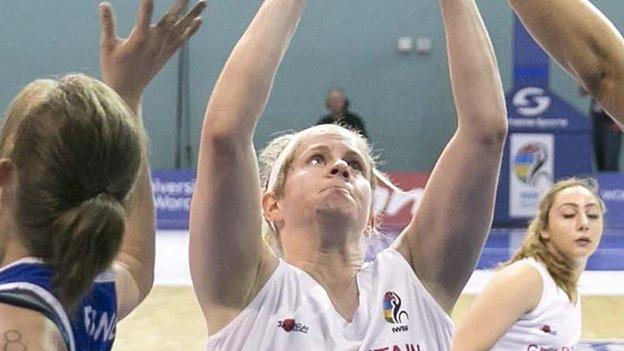
Love is one of seven debutants on the GB squad
Wheelchair basketball player Robyn Love uses the words 'grateful' and 'thankful' frequently when she talks about making it to her first Paralympic Games in Rio. And the 26-year-old really means it, because less than three years after taking up the sport, she will be representing Great Britain on the biggest stage of all.
Like many of the 264 British athletes travelling to the Games, watching the heroics of London 2012 proved a key moment in the life of the sports-mad Scot.
"Before London I had no idea about disability sport - I never knew it existed," she tells BBC Sport.
"I thought you had to be a wheelchair user to play wheelchair basketball but you don't. I'm not a daily wheelchair user, even though I was born with my disability, but this sport has now given me this amazing opportunity to be the person that I know I am."
Love has arthrogryposis - a condition which affects her legs and joints. Her right leg is shorter than her left and she is missing muscles in both legs, but she never let that get in the way of sport when she was growing up in Ayr.
Football and tennis were all part of her life before basketball came into her world at Napier University in Edinburgh and the camaraderie and banter made it a special time for Love.
But a meeting with Basketball Scotland's Wheelchair Basketball Development Officer Tina Gordon in November 2013 put her on a different path, which has already yielded a European bronze medal and a place in the team for Rio.
"Although I took PE classes in school, it was obvious I had a disability and I couldn't run very well," she explains. "I refused point blank to do athletics in school because I knew I wouldn't be as fast as the others and it was because of my disability.
"I didn't want people feeling sorry for me, but when it came to sports where running wasn't the main thing I was able to be the best and show them that I could play sport as well as anyone.
"I've been trying to avoid running most of my life and now I'm grateful to have found a sport where I don't have to do it!
"The main transition was finding out how to move the chair but when I got in the chair, straightaway I loved it. It's like riding a bike - it's just another skill to learn."
With the rest of the GB team based at the University of Worcester, Love decided at the start of 2015 to make the move to join them and give herself the best chance of Paralympic selection.
She was selected for last year's European Championships, where GB suffered a heart-breaking one-point defeat to Paralympic champions Germany in the semi-finals, before beating France in the play-off for third.
"It is a complete change of lifestyle but I have dived right in and I'm so grateful that I am able to have this opportunity," she admits.
"I trained as hard as I could for selection for the Europeans and battled with the other girls and it turns out I was good enough and it was such an honour to be part of that journey.
"Ahead of Rio, selection was so tough and I've had to train every day with other talented athletes and fight for my place and it's been hard but I'm so happy to be going - it's been a real whirlwind."
The GB team will be one of the youngest in the women's tournament, with four teenagers, while there is experience from the likes of Helen Freeman and Clare Griffiths, who will be competing in her fifth Games.
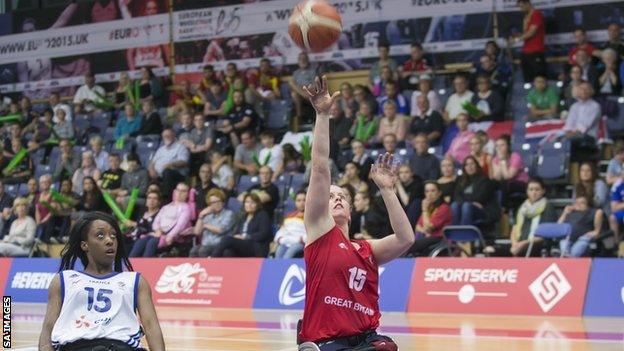
Love goes for a shot at last year's European Championships in Worcester
Having finished seventh at London, they were fifth at the 2014 Worlds and will be hoping to win a first-ever medal in the sport.
But Love hopes that the achievements of the team will help to inspire the next generation as she was inspired by 2012.
"It is really important that teachers and parents find out about what options are open to children with disabilities," she says.
"For teachers, it's important to speak to kids to find out if they would be interested in taking up sport because it's not just about being competitive; it's about building confidence, developing who you are as a person and learning team-working skills.
"Sport is a really important outlet for kids, regardless of ability, disability or age.
"Growing up because I could do most sports, my teachers didn't think to say anything to me about disability sport. I wouldn't have been able to reach elite level in able bodied sport but I love sport so much and wheelchair basketball has given me the chance to pursue a career and follow my dream."
- Published18 September 2016
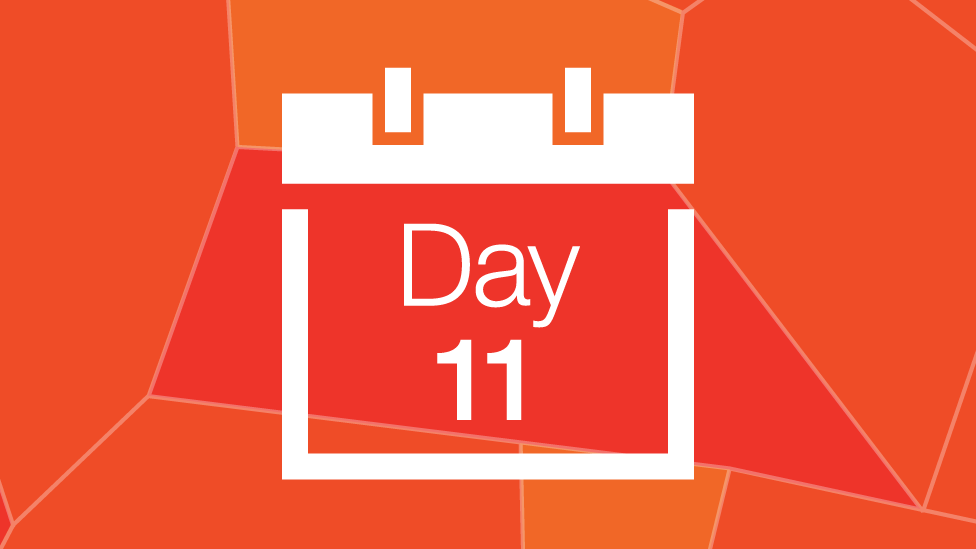
- Published7 September 2016
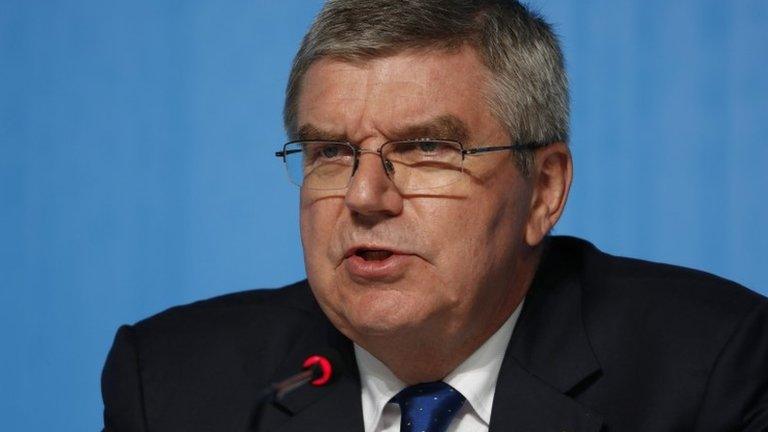
- Published18 September 2016
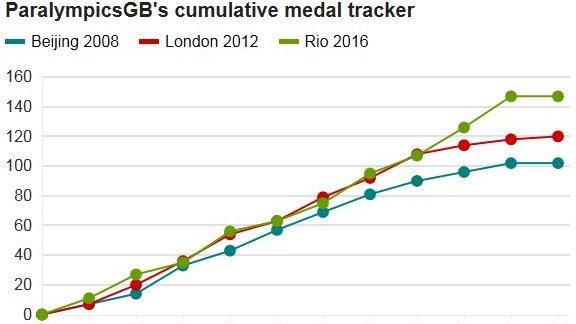
- Published31 August 2016
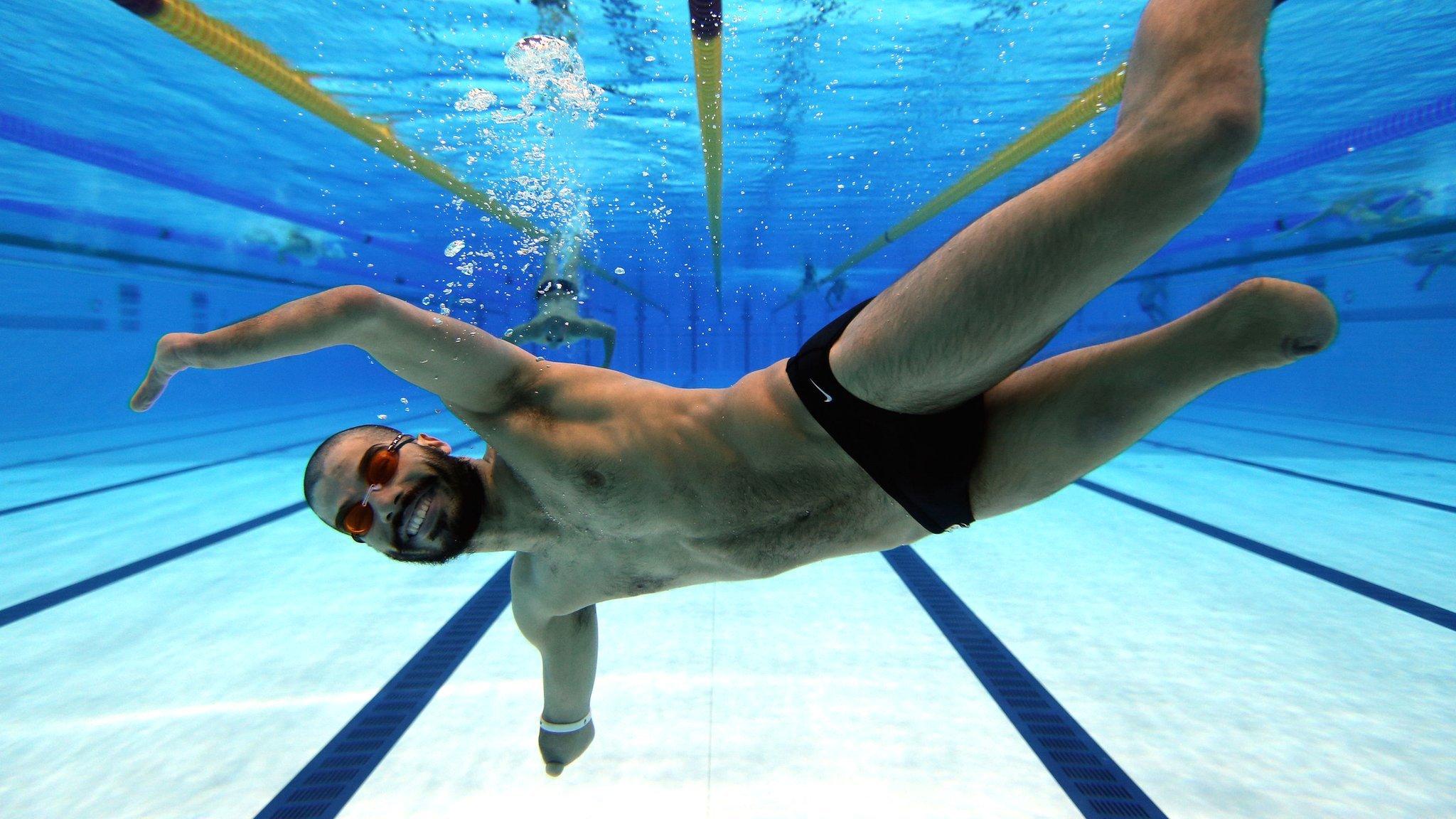
- Published29 August 2016
